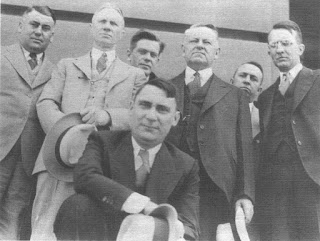The
biggest obstacle to getting writing done is having to do so on the side. If any of the books could break out enough
for me to be able to survive off it, the rest would be much less of a problem
as I would write during the day.
However, when a person has to go to work, place all their mental and
physical energy toward that, and then, only after they've gotten home from a
full day on the job, can they START working on the day's writing... That's the
number one reason most writing doesn't get done. That and procrastination, but that's another
blog entry.
So
how does one get past this? I've been
lucky enough to have a job at home, so at least I don't need to deal with a
commute. But by the time I can begin, my
eyes are tired of staring at a computer screen, and I just need a nap. In addition, my girlfriend's getting home and
I can't tell her not to make noise, plus I want to spend some time with her. So how to answer this dilemma?
My
own case is unique as I work on a deadline transcribing video files. While I'm at work, I can only be
concentrating on that. But I get to
choose when to work. So I'll generally
do my mindless transcribing late at night so I can write while Jamie's at work. When she gets home, she wants to take a nap,
so that gives me a time limit of about 30 minutes from the time she comes in
the door. I'll often then get about
another hour when she's doing something else, as is happening right now.
But
in the days when I had a normal 9 to 5, I had to slip it in a little more
cleverly. Mostly, I made sure to have my
laptop with me so that I could take advantage of any moment I had. Is it slow at work? Get a little writing in. Lunch break?
Get some writing in. Fifteen
minute breaks are for figuring out what I'm going to write. And then in the evenings I had a specific
amount of time set aside to get my writing done that was understood by all
around me.
Commutes
were time to think through a story and figure out what's going to happen so by
the time I began writing, it was simply a matter of putting down on paper what
I had already thought out. I once came
up with a whole book on the way to Vegas.

